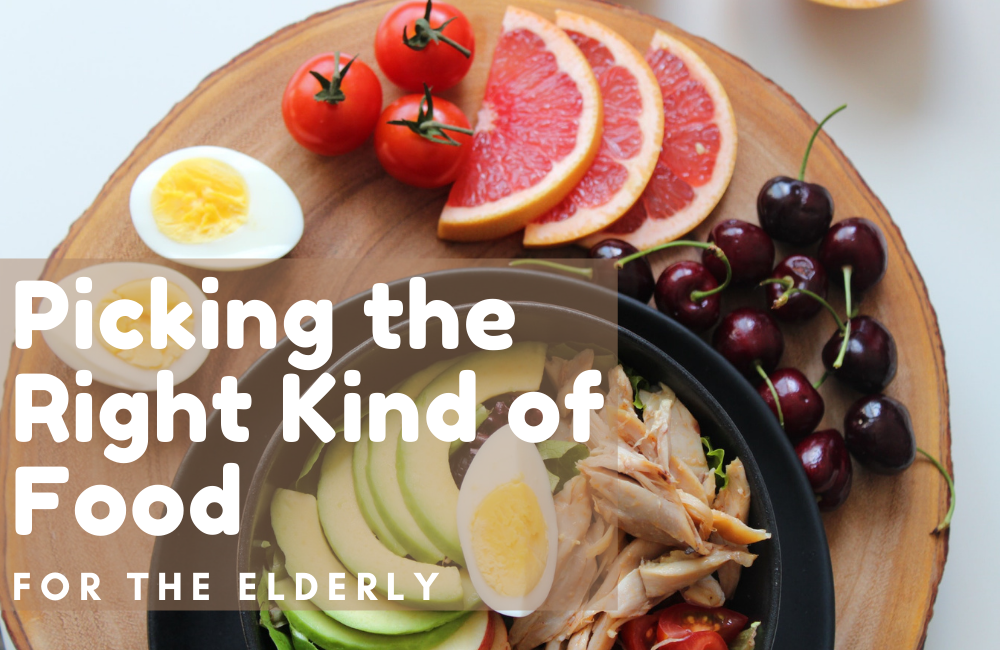Taking care of your elderly loved ones isn’t an easy task. Aside from the fact that you are giving them all your time and energy, there are also other more subtle details about their health that you should be worried about. These details, in particular, are crucial in maintaining the well-being of your loved ones. Their proper diet, for example, should never be neglected!
With that being said, you should consider following these tips in picking the right kind of food for your elderly loved ones. Knowing what you should and shouldn’t add to their diet will guide you in helping keep them strong, sharpening their minds and senses in the long run.
1. Choose Foods That Have a Low Salt Content
Too much salt consumption can lead to high blood pressure. According to the U.S. Food and Drug Administration (FDA), you are only allowed to consume about 2,300 milligrams of sodium on average. Go beyond that amount, and you run the risk of having kidney stones and heart disease.
Save your elderly loved ones from these illnesses by going for low-salt foods and lessening salt ratios in your home-cooked meals.
2. Take Note of the Nutrition Facts Indicated in Your Food Labels
You should always be aware of the ingredients used in your elderly’s daily meals. If you can get by without feeding them canned food, then, by all means, go for home-cooked meals. However, if that would not be possible, at least choose one that isn’t riddled with preservatives and too much flavoring!
3. Regulate the Servings Every Meal
Your elders should not eat too much or too little. Giving them a tremendous amount of food on their plate would lead to too many leftovers. On the other hand, give them too little, and they might end up getting hungry again after a while!
Learn to estimate the amount that they would eat daily and adjust accordingly. Don’t hesitate to talk to them as well! Discuss the amount of food they’d want on their plate, so you don’t have to keep guessing.
4. Avoid Giving Them Saturated and Trans Fats
Those two types of fats are not good for the body, especially when consumed daily.
Go for polyunsaturated and monounsaturated fats instead! Both of these aid in protecting your body from illnesses and diseases. These components can mostly be found in Olive oil and nuts. Include these in your elderly’s daily meals and watch their health improve over time.
5. Motivate Them to Drink More Water
Always rehydrate. You can never have too much water, after all!
This advice goes beyond age and gender. Both young and old should never forget to drink at least eight glasses of water every day. If the elderly are having a hard time doing this due to them having to go back and forth to the bathroom now and then, then perhaps you may lessen it to just five glasses per day.
Conclusion
Managing your elderly’s daily diet and food intake is not an easy task. There are many things that you’d have to consider in order to provide the healthiest meal possible. Take note of those tips above, and you will never have to worry about lacking in the nutrition department.
At Bridge Home Health & Hospice, we are experts in providing home care services and elderly care in California. So if you need help or are looking for hospice care at home, contact us today!

